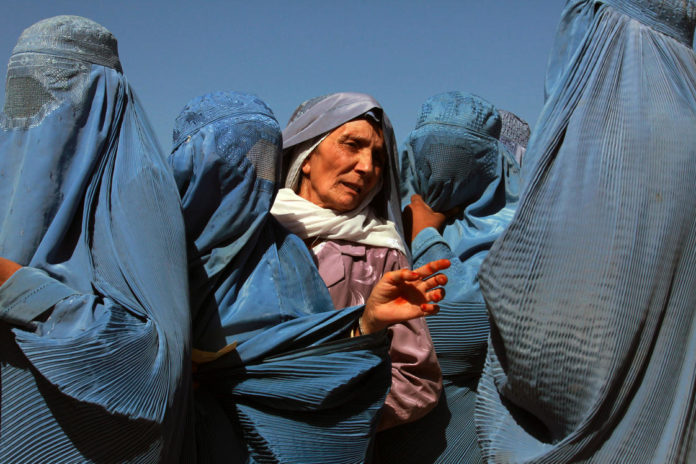Une nouvelle alerte lancée par l’Organisation mondiale de la santé (OMS) souligne l’importance cruciale d’une augmentation des investissements dans la fourniture des prestations de santé en Afghanistan, en particulier dans les zones mal desservies où les infrastructures manquent cruellement de ressources et restent vulnérables en raison de la situation actuelle.
Crise humanitaire
Après des décennies d’instabilité, exacerbée par de graves sécheresses et des catastrophes naturelles, l’Afghanistan est actuellement confronté à une crise humanitaire prolongée. Des millions de personnes vivent avec un accès insuffisant ou inexistant à la santé et à la nourriture, ce qui les expose à un risque important de malnutrition et d’épidémies. La vulnérabilité des femmes et des jeunes filles s’est encore accentuée, car elles sont confrontées à des obstacles accrus en matière d’accès aux soins en raison de l’interdiction à l’éducation et de la participation à la vie active.
Personnes vulnérables en augmentation
Le plan d’intervention humanitaire révisé de l’Afghanistan pour 2023 révèle une augmentation alarmante du nombre de personnes ayant un besoin urgent d’aide humanitaire. Selon le document, 28,8 millions de personnes ont besoin d’une assistance immédiate, contre 18,4 millions avant août 2021. Pour répondre à l’urgence sanitaire, 14 millions de personnes, dont 7,5 millions d’enfants et 3,1 millions de femmes, sont actuellement ciblées. Au cours des six premiers mois de l’année 8,4 millions ont déjà été atteints . La réponse en matière de soins de santé a été très positive puisqu’un total de 25,7 millions de services de santé ont été fournis entre 2022 et 2023.
Accès limité, voire inexistant
Cependant, malgré ces efforts et en l’absence d’un financement suffisant, 8 millions d’Afghans n’auront plus accès à une assistance sanitaire essentielle et potentiellement vitale. De plus, 450.000 patients n’auront qu’un accès limité, voire inexistant, à des services de soins traumatologiques vitaux, y compris des transfusions sanguines et des prestations spécialisées. En outre, on estime que 1,6 million de personnes souffrant de troubles mentaux n’auront qu’un accès limité, voire inexistant, à des consultations de santé mentale et à un soutien psychosocial.
Au second semestre 2023, l’OMS continuera à travailler avec ses partenaires pour faire face aux urgences sanitaires critiques en fournissant des interventions sanitaires vitales, tout en s’appuyant sur les succès obtenus en 2022.
Sauver des vies
Le Dr Tedros Adhanom Ghebreyesus, directeur général de l’agence onusienne, a déclaré : « La situation en Afghanistan est grave et le manque de ressources et de financement pour soutenir le personnel et les établissements de santé met en danger d’innombrables vies. Ce sont les femmes et les enfants qui souffrent le plus. J’appelle les donateurs à faire preuve de générosité pour que nous puissions continuer à sauver des vies ».
L’OMS a besoin de 125 millions de dollars pour continuer à répondre aux besoins sanitaires de base jusqu’à la fin de l’année 2023.


